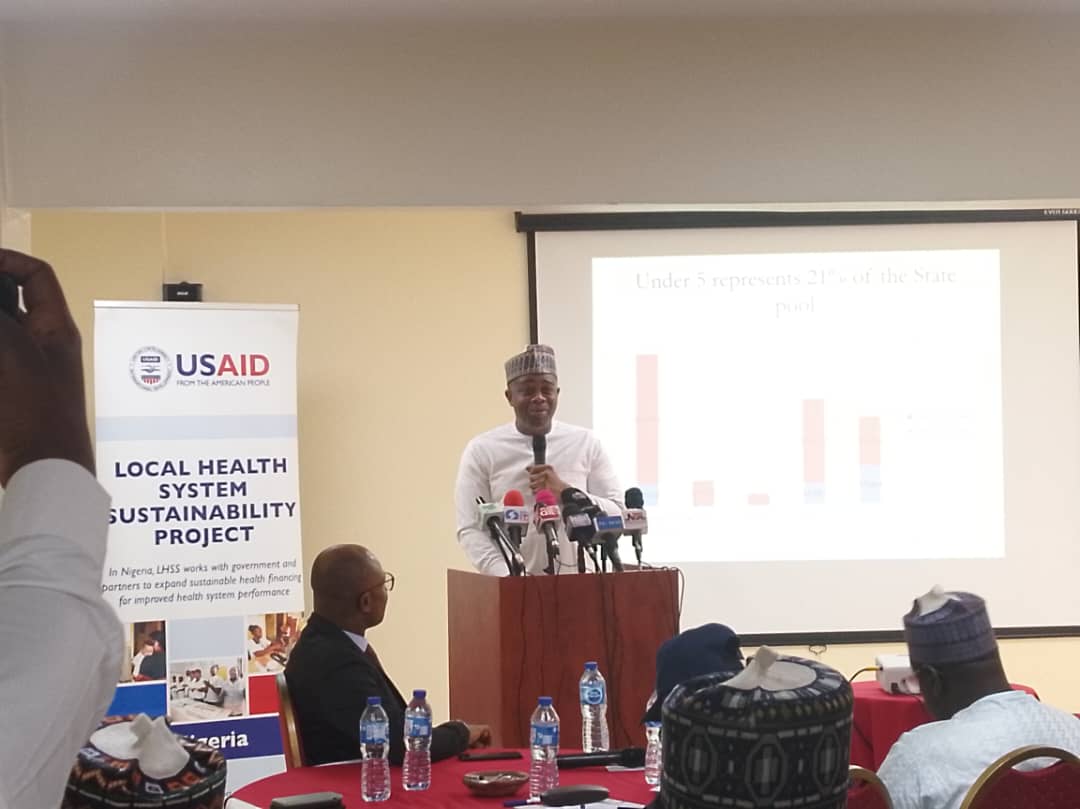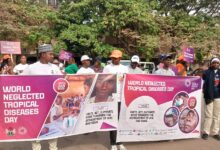State Social Health Insurance Scheme Enrolls 8m Nigerians In Five Years

The State Social Health Insurance Scheme (SSHIS) has successfully enrolled 8, 107,795 Nigerians in 34 states and the FCT since its inception in 2018. The States formerly excluded were Rivers and Akwa Ibom states.
Chairman, Forum of CEOs of State Social Health Insurance Agencies in Nigeria and Managing Director of the Anambra State Health Insurance Agency, Dr. Simeon Onyemaechi disclosed this on Friday, February 8, 2024, at the first quarter meeting of the Forum in Abuja.
Onyemaechi explained that the Forum met quarterly to discuss issues that concern Universal Health Coverage (UHC) across Nigeria, adding that UHC could not be achieved if even one state of the federation was left behind.
Speaking further, he informed that 50% of the total enrollment of health insurance in the country was accounted for by the SSHIS. Therefore, “the future of UHC attainment in this country is hinged on the decentralisation of the Health Insurance Scheme”.
He noted that more progress had been made since the decentralisation of the Scheme adding that with the state health insurance scheme, decision-making had been brought closer to the people and their complaints could be swiftly addressed.
He, however, lamented that the informal sector which accounts for 70% of the population contributed less than one (1) million out of the eight (8) million people recorded. Therefore there was a need for increased political will and awareness creation.
On his part, the Director General of the National Health Insurance Authority (NHIA), Dr. Kelechi Ohiri commended the Forum for the tremendous success recorded, adding that they desire the SSHI to be world-class and cover more Nigerians.
“You have our support, don’t just see us as regulators but partners in this journey to expand access to Nigerians and reduce the health poverty in our country”, he said.
Addressing the issue of rising cost of drugs and how it would impact the Health Insurance Scheme, the DG stated, “we recognise that some of the biggest cost drivers in medical care include the cost of medicines. That is why a lot of initiatives are underway like NHIA is working with pharmaceutical manufacturers and aggregators on the medicines initiative to see how we can keep the cost of drugs lower by aggregating and getting economies of scale.
“Secondly, assuring the quality of drugs so that because of the high cost, people do not go and buy counterfeit drugs and that’s why we are also working with NAFDAC to address these things”, Dr. Ohiri said.
On the low number of enrollment by the informal sector, he noted that there was a need for awareness creation so that people will know that it is in their best interest to protect themselves from the catastrophic cost of healthcare.
“When you have insurance, it means whenever you are ill and you go to the hospital, you are covered you don’t have to put hands in your pocket and pay for care, whether drug, consultation or card”, the NHIA Boss said.






